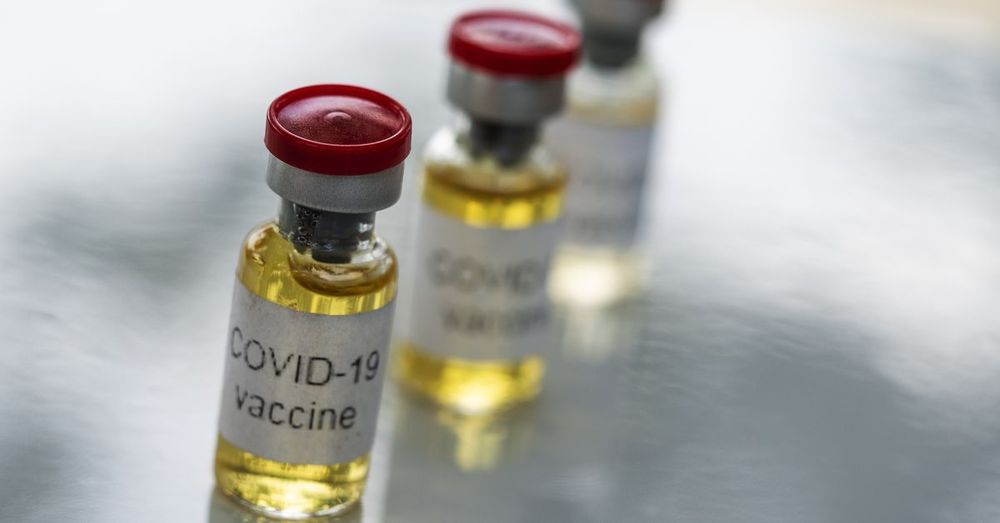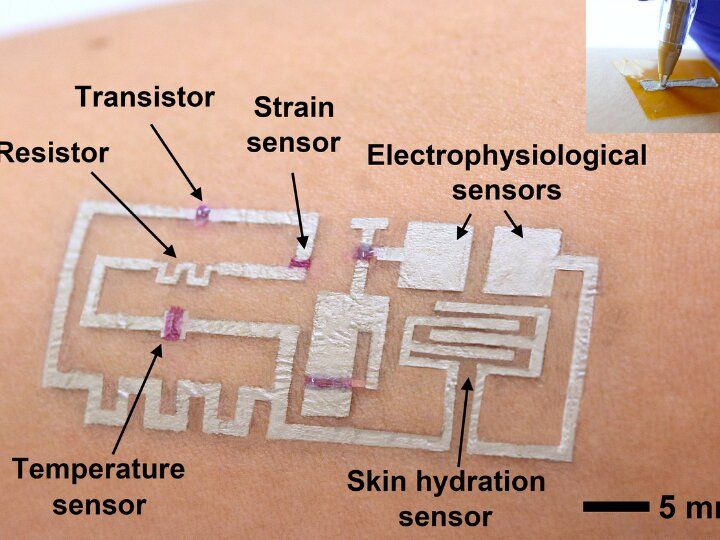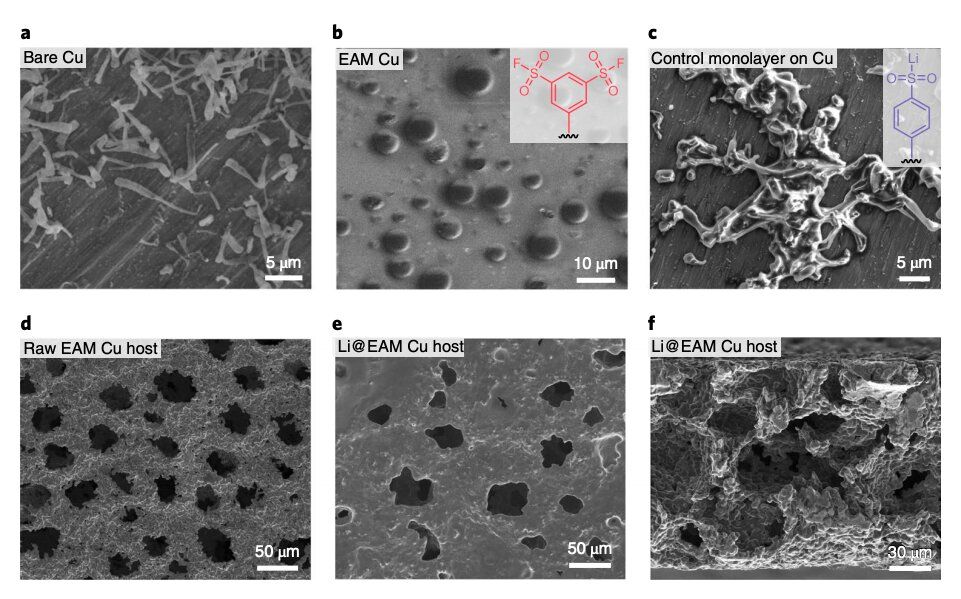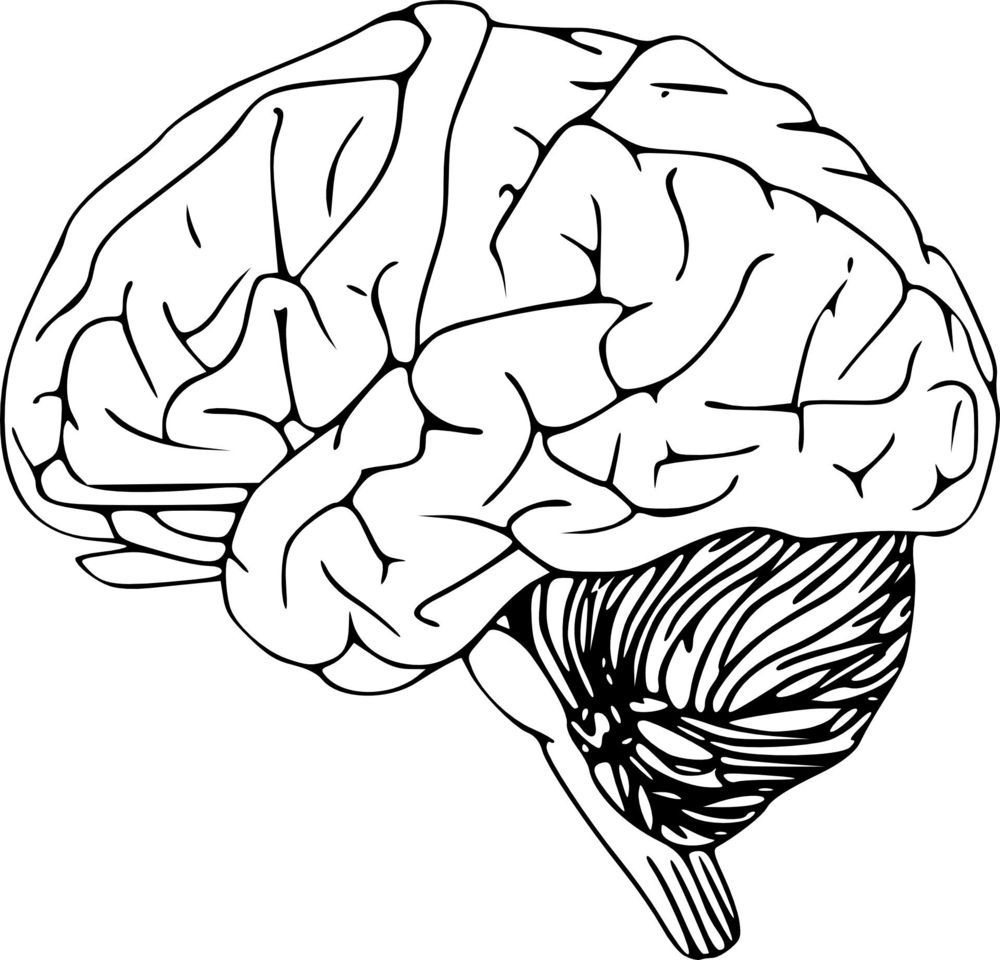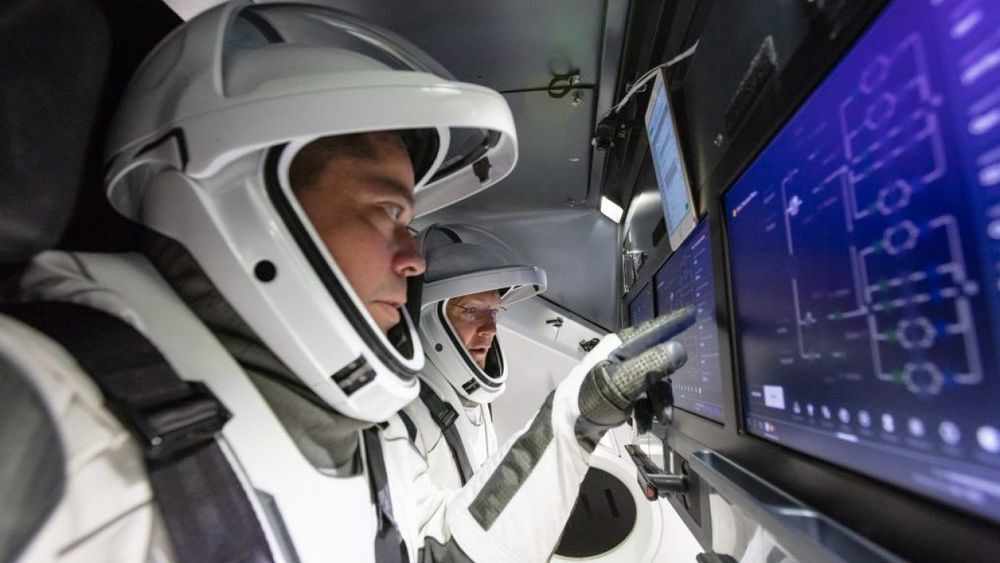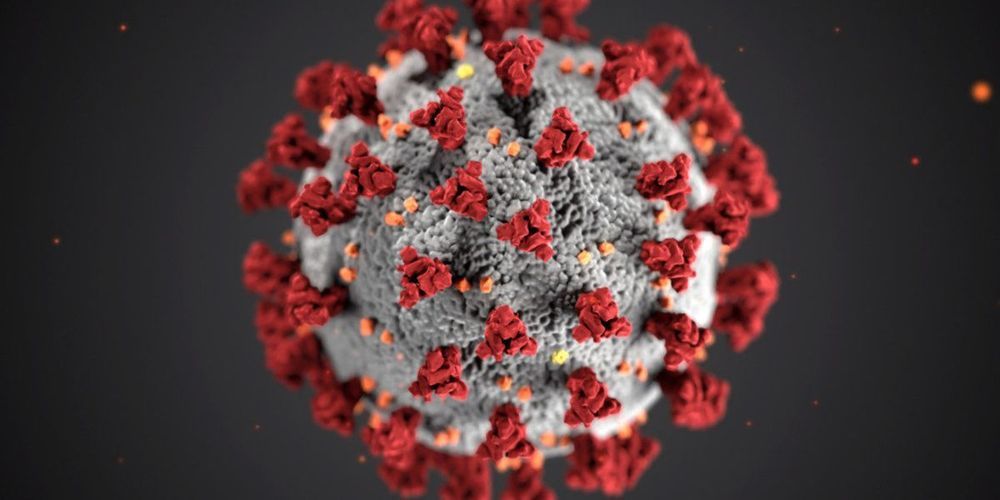Aug 1, 2020
Florida teen, two others charged in Twitter ‘Bit-Con’ hacking attack
Posted by Genevieve Klien in category: cybercrime/malcode
Authorities in Florida say a 17 year old was the “mastermind” of the attack that targeted the accounts of Barack Obama, Joe Biden, Kanye West, Bill Gates and others.
Twitter’s headquarters in San Francisco on Oct. 21, 2015. David Paul Morris / Bloomberg via Getty Images file.


